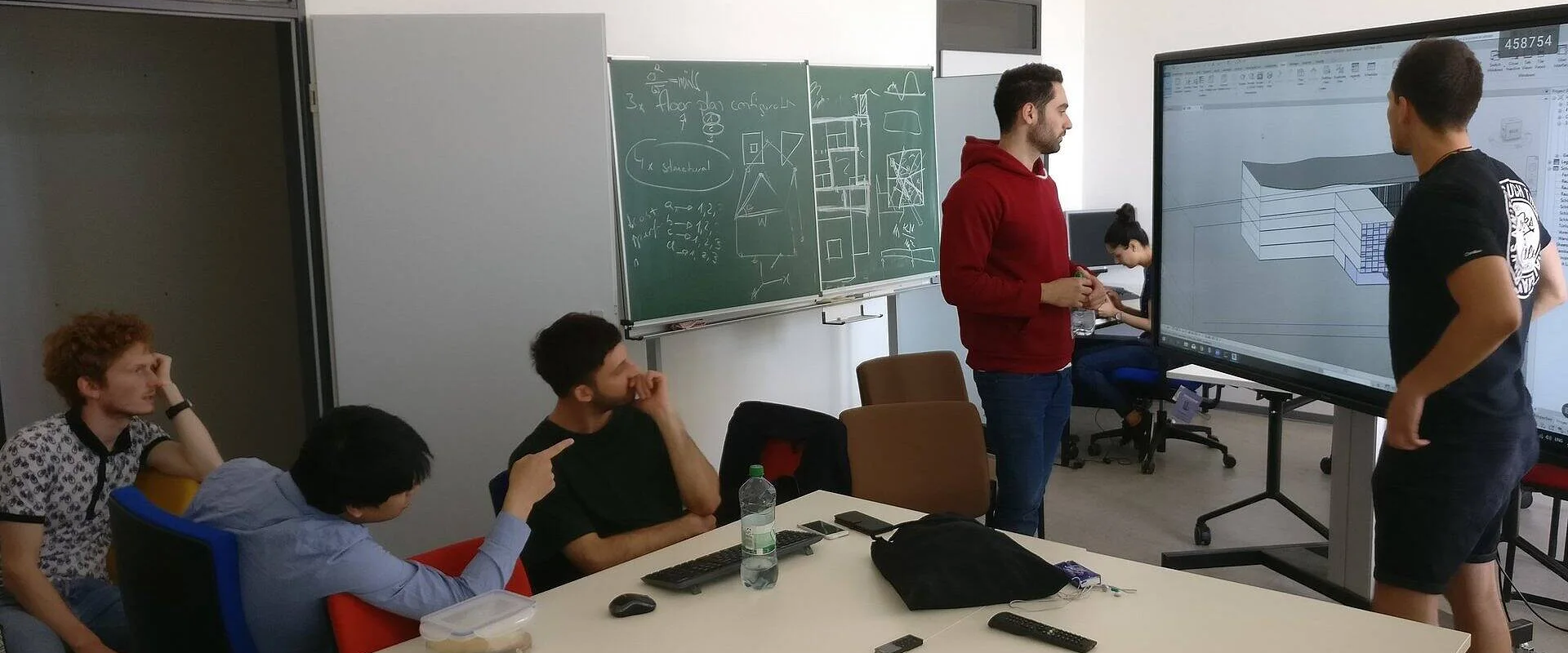Kommende Veranstaltungen
Keine aktuellen Veranstaltungen gefunden.
Civil Systems Engineering
Complex networks of infrastructure and building systems form the backbone of the social and economic life of the 21st century. Urban life as we know it would not be possible without transportation networks, waterway networks, pipelines, electrical grids, hospitals, or airports. Additionally, modern dwellings and office buildings form socio-technical systems with many different natural, physical, social, and cyber-physical elements that stand in complex interaction with each other.
Because of the interactions between all these different natural, physical, social and cyber-physical elements, engineering, constructing, and maintaining these infrastructure and building networks becomes an increasingly difficult task requiring advanced intelligent computing methods.
In response to this challenge, the chair for Systems Engineering offers an education and research program that explores such computing methods and techniques to model complex systems to support all aspects of their agile and informed design and engineering. To this end, a specific focus lies on stochastic modeling of multi-physical system processes, the parametric modeling of system components, and the support of multi-disciplinary integrated collaborative engineering work.
Standort
Kontakt
| Einrichtung | Systemtechnik baulicher Anlagen |
|---|---|
| Sekretariat | TIB 1-B13 |
| Gebäude | TIB13B |
| Raum | TIB13B |




